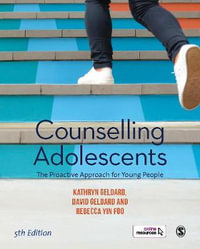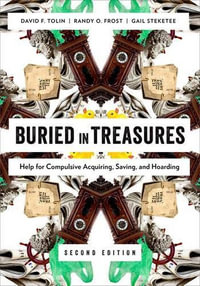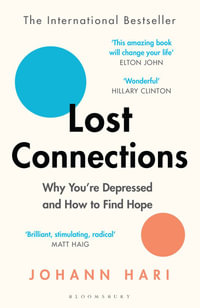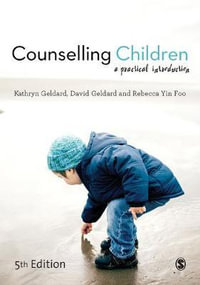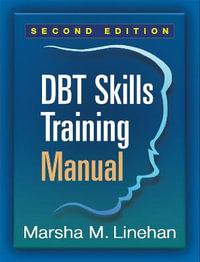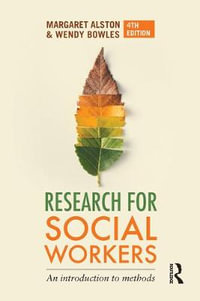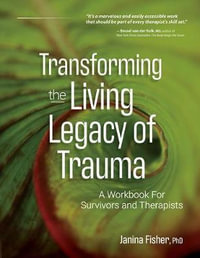Rules against violence, bullying, child abuse, and sexual assault too often fail to improve safety while escalating the numbers of individuals incarcerated, separated from their families, schools, and chances for learning and starting anew. Restorative justice methods make inroads but remain marginal or even coopted by dominant and punitive approaches, but the authors of this book demonstrate how prevention strategies and rigorous efforts to strengthen relationships and communities can better protect individuals and communities from violence and other harms. Drawing lessons from settings as diverse as a nuclear power plant meltdown, auto industry cheating on emissions, and a sports stadium riot, to foster care crises and campus sexual assault and harassment, this book shows the elements in lasting solutions that draw on knowledge and build capacities of those most affected and the concentric circles of communities, professionals, and flexible systems focused on fixing problems rather than stigmatizing individuals.
Martha Minow, A.B., Ed.M., J.D., Author, Between Vengeance and Forgiveness, 300th Anniversary University Professor, Harvard University
__________
This groundbreaking collection from the leading theorists of responsive regulation and restorative justice offers an insightful investigation of alternatives to the prevailing punitive authoritarian approach to human services and regulation. Contributors offer impressive evidence of the benefit of an empowerment relational approach to human services as well as the ability of ordinary citizens to, in turn, demand state and market accountability - whether on behalf of nursing home residents, farmworkers, or child-welfare involved African American mothers. The book places restorative justice and responsive regulation in dialogue and examines critically overlapping goals as well as divergence. It is a must-read not only for human service providers and policy makers, but for all who seek justice and who believe in the capacity of communities to create social change.
Donna Coker, B.S.W., M.S.W., J.D., Professor of Law, University of Miami Law School
__________
Restorative justice is badly underestimated when it is portrayed as simply another criminal justice alternative. This remarkable conversation of voices from a range of contexts and perspectives vividly illustrates the true potential of restorative justice as a holistic vision of change, not just in the justice system, but throughout the policy sphere. This inspirational collection is exactly what is needed at this dangerous historical moment we find ourselves in.
Shadd Maruna, B.A., M.A., Ph.D., Professor of Criminology, School of Social Sciences, Education & Social Work, Queen's University Belfast, Northern Ireland
_________
This stimulating collection of essays charts the path toward a more comprehensive integration of the principles of restorative justice and responsive regulation, to the mutual benefit of both endeavours and with a particular focus on its implications for the human services sector. This book will be of keen interest to scholars, policymakers, regulators, community activists and restorative practitioners.
Chris Marshall, B.A., B.D., M.A., Ph.D., Professor, The Diana Unwin Chair in Restorative Justice, Victoria University of Wellington, New Zealand, Author of All Things Reconciled: Essays on Restorative Justice, Religious Violence and the Interpretation of Scripture
__________
This timely book makes an important intervention into contemporary human services, which globally are struggling to respond to calls for equity and inclusion from within settings now fundamentally defined by neoliberal policies and practices. Provocatively, it leans into rather than away from the contested question of regulation, offering a richly buttressed argument not for abandoning regulation, but for recapturing it. What emerges is a compelling, detailed, and practically useful case for "nuanced hybridity": responsive and restorative institutional scaffolds, centered in human relationships, accountable to stakeholders, and firmly grounded in democratic values, community imperatives, and social justice commitments.
Susan P. Kemp, B.A., C.Q.S.W., M.A., Ph.D., Charles O. Cressey Endowed Professor, University of Washington School of Social Work, Professor, University of Auckland, School of Counselling, Human Services and Social Work



